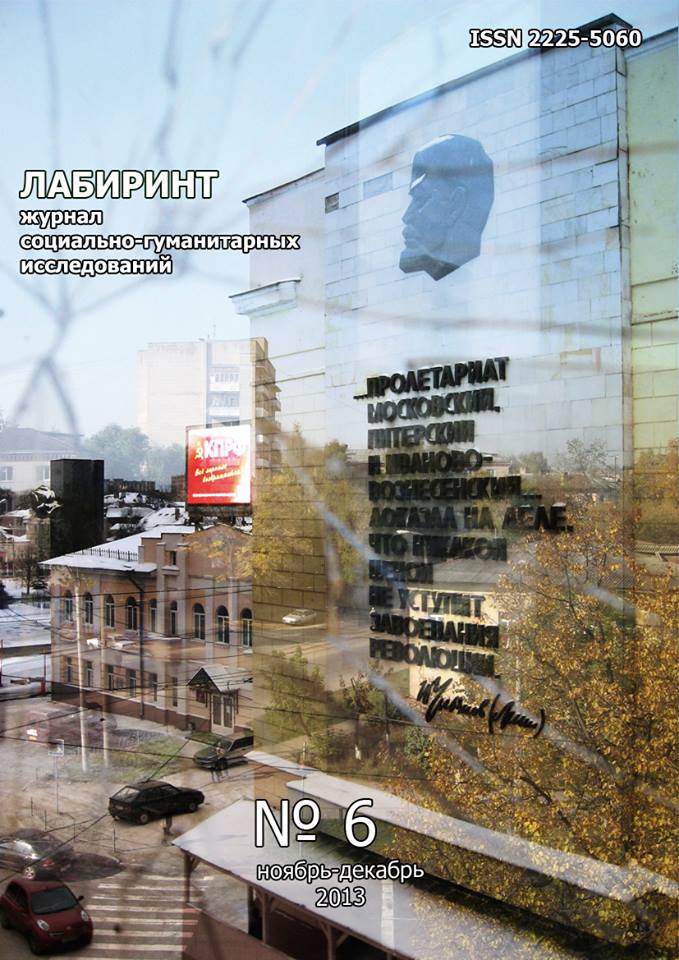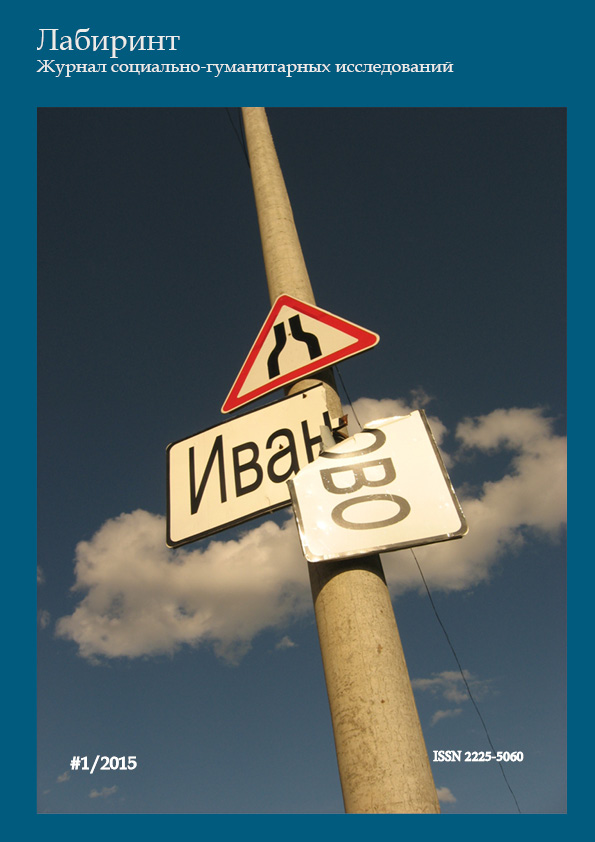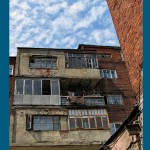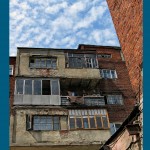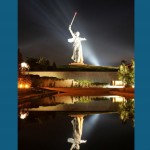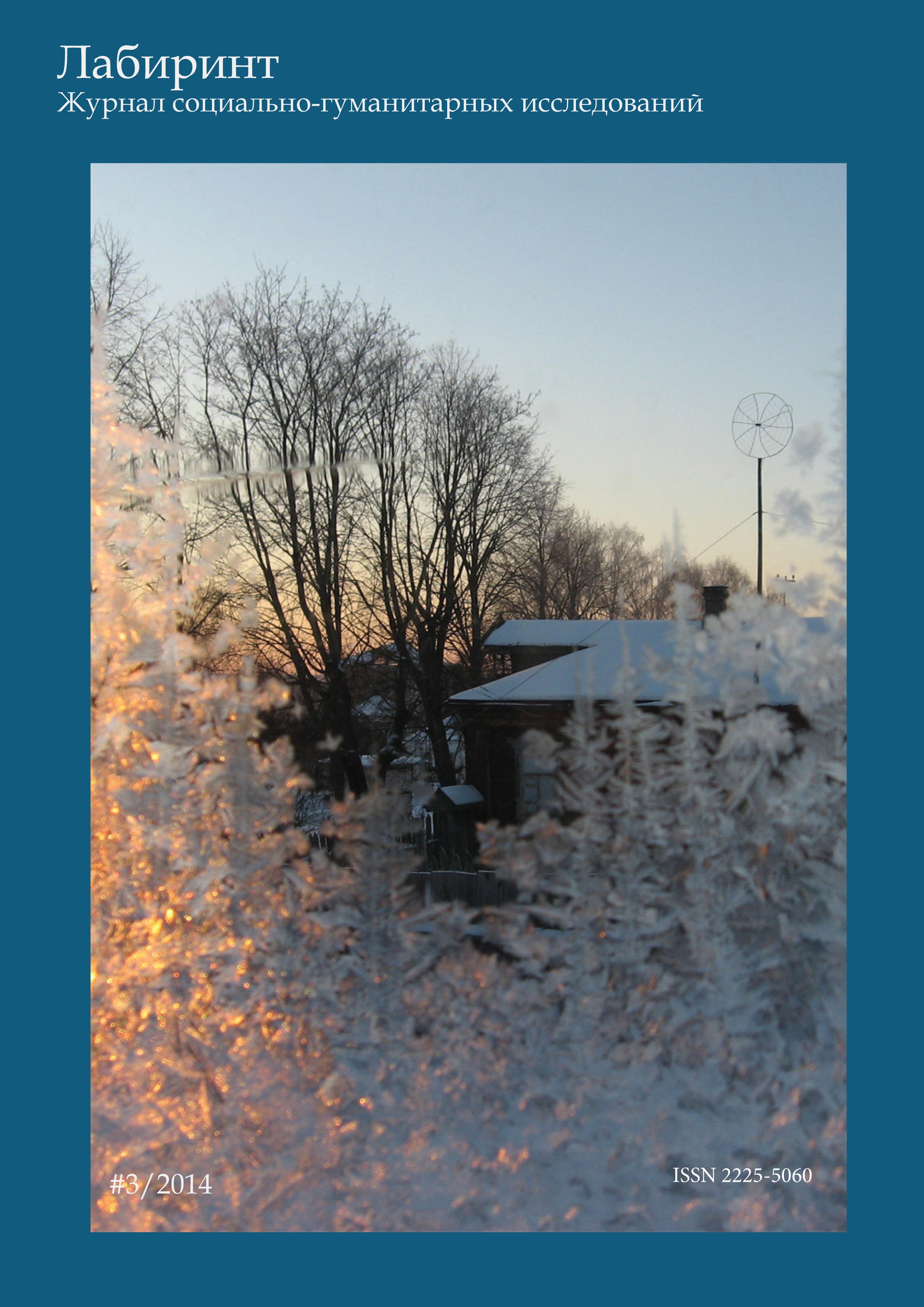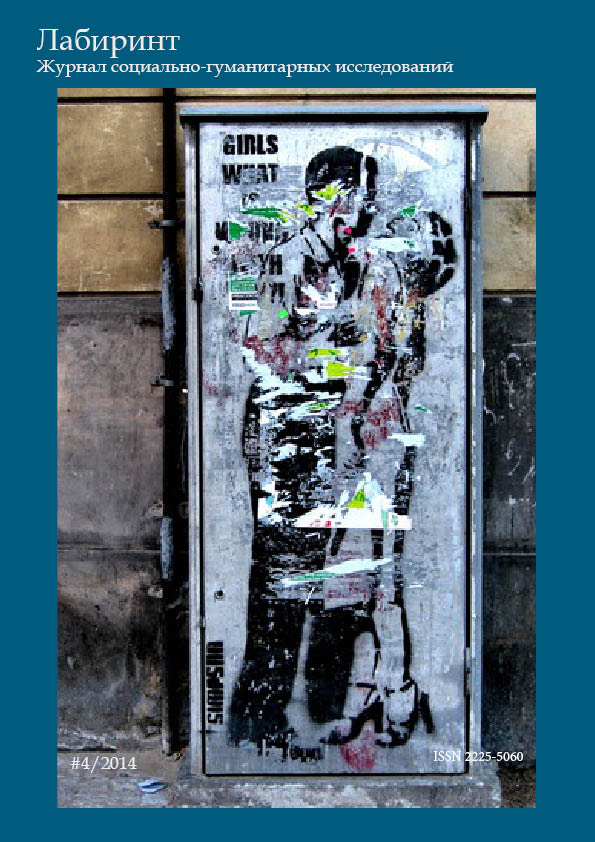Роль интеллигенции в общественных движениях в странах Латинской Америки в середине — второй половине ХХ века
The article shows the experience of participation of intelligentsia in the development of social movements in the countries of Latin America in the middle - the second half of the 20th century. On the basis of the particular cases of cooperation analysis the objective conditions and characteristics of development of interaction attending its success are revealed. The article studies the influence of the intelligentsia on the following aspects of civil movements formation: the formation of identity, and the dynamics of the participants’ aims; methods of action, forms and ways of the goals achievement; mobilization of resources and development of the movements’ organizational potential
More...
